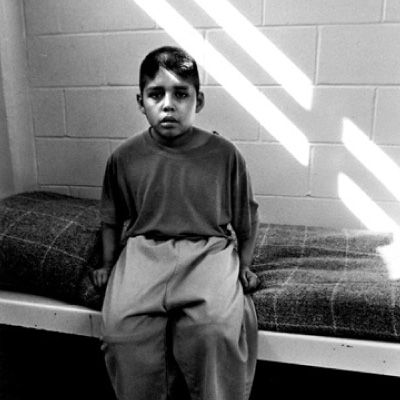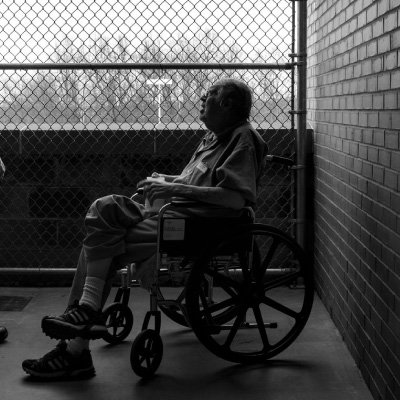What is Clemency?
The term ‘‘clemency’’ includes a full pardon, partial or full commutation of sentence, remission of a fine or forfeiture, or restoration of civil and political rights.
What are Collateral Consequences?
Collateral consequences are legal restrictions that limit or prohibit someone from accessing employment, housing, voting, education, and other rights and benefits due to a criminal conviction.

Background Information

Our nation is in the midst of a mass incarceration crisis. More than 2.3 million people are incarcerated across the country—more people per capita than any other nation in the world.
Under the Constitution, the President has the power to grant clemency, but the current process, created by Congress, is inherently flawed, overly burdensome, lacks transparency, and delays justice.
The significant reduction in the use of clemency in the past 20 years is a problem in our legal system and a contributing factor to the backlog of 15,000 pending clemency applications.
We must reimagine public safety and end the era of mass incarceration to manifest a vision of justice that centers healing and dignity. Clemency reform can help us get closer to this goal.
It’s time to end mass incarceration

Marijuana offenses

Elderly

Juveniles

Death Row

People with disabilities

PEOPLE
WITH SERIOUS
MEDICAL CONDITIONS

SURVIVORS
OF DOMESTIC
VIOLENCE

THOSE
SENTENCED UNDER
OUTDATED LAWS
